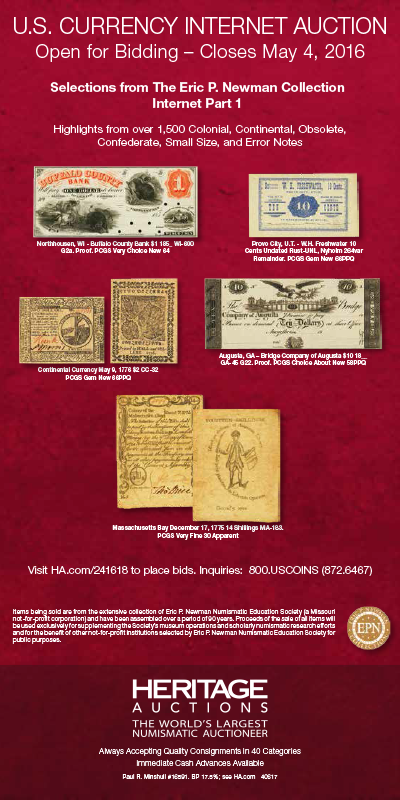
PREV ARTICLE
NEXT ARTICLE
FULL ISSUE
PREV FULL ISSUE
THE RISE OF PIRATE LIBRARIES
This April 21, 2016 Atlas Obscura article caught my eye because of the great library photographs, but it may interest numismatic
researchers and publishers, for very different reasons. -Editor

All around the world, shadow libraries keep growing, filled with banned materials. But no actual papers trade hands: everything is digital, and the internet-accessible content is not banned for shocking content so much as that modern crime, copyright infringement. But for the people who run the world's pirate libraries, their goals are no less ambitious for their work's illicit nature. “It's the creation of a universal library of the best stuff,” says Joe Karaganis, who studies media piracy at Columbia University's policy think tank, American Assembly. “That will not include the latest Danielle Steel novel.” It does, however, include hundreds of thousands of books and millions of journal articles that otherwise are found only through expensive academic journals. Scanned or downloaded from journal sites, they are available through pirate libraries for free. The creators of these repositories are a small group who try to keep a low profile, since distributing copyrighted material in this way is illegal. Many of them are academics. The largest pirate libraries have come from Russia's cultural orbit, but the documents they collect are used by people around the world, in countries both wealthy and poor. Pirate libraries have become so popular that in 2015, Elsevier, one of the largest academic publishers in America, went to court to try to shut down two of the most popular, Sci-Hub and Library Genesis. These libraries, Elsevier alleged, cost the company millions of dollars in lost profits. But the people who run and support pirate libraries argue that they're filling a market gap, providing access to information to researchers around the world who wouldn't have the resources to obtain these materials any other way. The lawsuits, wrote one group of pirate library supporters, “come as a big blow” to researchers whose only source of scholarly material is in these sites. “The social media, mailing lists and IRC channels have been filled with their distress messages, desperately seeking articles and publications,” the brief states. In other words, they believe there are researchers who are never going to be able to pay the steep price of academic articles; either they use pirate libraries, which give them efficient access to information, or they don't get to read those books and journals at all.
The photos, of course, are of legitimate world libraries. I have no idea if numismatic content is among the holdings in these shadow
repositories, but copyright holders might want to investigate. -Editor
To read the complete article, see:

Wayne Homren, Editor The Numismatic Bibliomania Society is a non-profit organization promoting numismatic literature. See our web site at coinbooks.org. To submit items for publication in The E-Sylum, write to the Editor at this address: whomren@gmail.com To subscribe go to: https://my.binhost.com/lists/listinfo/esylum All Rights Reserved. NBS Home Page Contact the NBS webmaster 
|